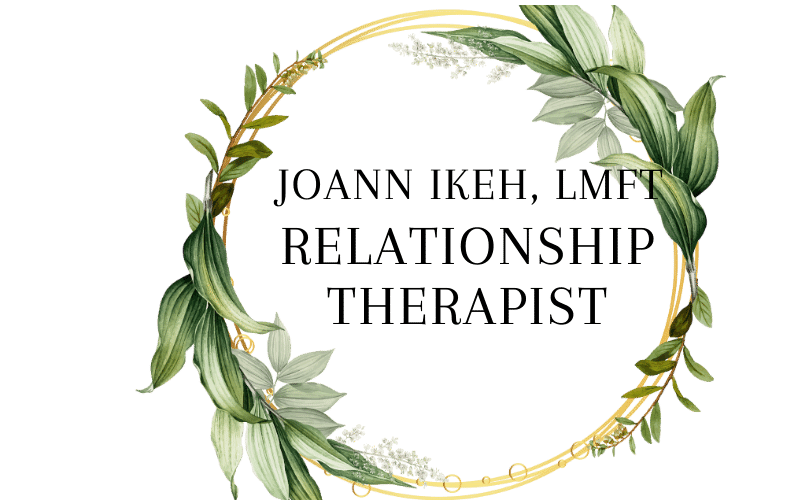Navigating Interracial or Intercultural Relationships: Tools for Thriving Together
In today’s increasingly global and diverse world, interracial and intercultural relationships are becoming more common — and more openly celebrated. Yet, despite growing acceptance, couples from different racial, ethnic, or cultural backgrounds may face unique challenges that others may not fully understand. Navigating these differences takes intention, empathy, and strong communication.
Whether you’re in a new relationship or have been together for years, this guide will help you better understand the dynamics of interracial and intercultural relationships — and how to thrive in them.
What Are Interracial and Intercultural Relationships?
Interracial relationships involve partners from different racial backgrounds (e.g., Black and White, Asian and Latinx).
Intercultural relationships may or may not be interracial but involve partners from different cultural upbringings (e.g., someone raised in the U.S. and someone raised in India).
Both types of relationships can be beautiful, growth-filled, and eye-opening — but they may also involve navigating societal bias, family dynamics, language barriers, and identity differences.
Common Challenges in Interracial and Intercultural Relationships
1. Cultural Misunderstandings
Every culture has unspoken norms around communication, affection, gender roles, and conflict. What feels respectful or normal to one partner might feel distant or rude to the other.
2. Racism and Social Pressure
Couples may encounter bias, microaggressions, or outright discrimination — from strangers, coworkers, or even family. These experiences can be isolating and painful if not addressed together.
3. Family Expectations
Family approval can be a significant source of tension, especially if families hold strong cultural or religious beliefs about who is an “appropriate” partner.
4. Identity Differences
How each partner relates to their own racial or cultural identity can affect how they navigate the relationship. For example, one partner may be more culturally immersed or politically active than the other.
Tools for Thriving in Interracial and Intercultural Relationships
1. Practice Open, Ongoing Communication
Talk openly about your values, upbringings, and what matters to you. Share how your culture or race has shaped your experiences — and be curious about your partner’s perspective.
2. Acknowledge and Validate Differences
Differences aren’t a threat — they’re an opportunity for deeper connection. Rather than trying to “blend in,” honor what each of you brings to the relationship.
3. Create Shared Culture
While honoring your roots, you can also co-create your own traditions, rituals, and values as a couple. This strengthens unity without erasing identity.
4. Set Boundaries with Others
Whether it’s a relative making inappropriate comments or a coworker asking invasive questions, setting boundaries protects your relationship. Support each other in addressing microaggressions or biases.
5. Seek Culturally-Aware Therapy
A therapist who understands interracial or intercultural dynamics can help you unpack complex emotions, navigate family tensions, and grow together with intention.
When to Seek Support
Even the strongest relationships can benefit from support. If you’re struggling with miscommunication, feeling misunderstood, or facing outside judgment, couples therapy can be a space to reconnect and realign.
Final Thoughts
Interracial and intercultural relationships are a testament to love’s power to bridge differences — but thriving in them takes more than love alone. With compassion, curiosity, and the right tools, you can build a relationship that honors both your individual identities and your shared future.
Looking for support in your interracial or intercultural relationship?
I specialize in helping couples navigate cultural and racial differences with empathy and clarity. Together, we can build bridges of understanding and strengthen your connection.
Contact me today for a free consultation.
📍 Serving California, Florida, and Virginia (Online Only)
📞 530-356-2175 | ✉️ joannikeh@joannikeh.com
🌐 www.onlinecouplecounseling.com



